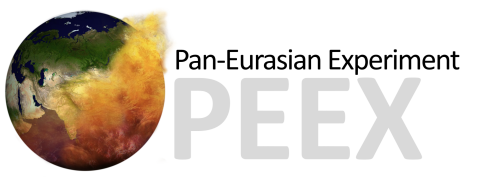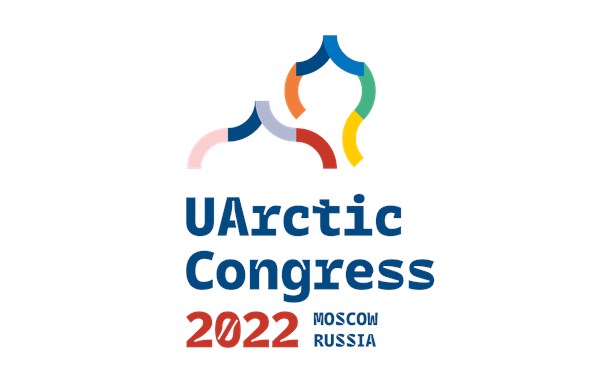Project Description
The UArctic Congress 2022 takes place in Moscow, Russian Federation in October, 4 – 7 2022, hosted by Lomonosov Moscow State University. The UArctic Congress 2022 is a part of Russian’s chairmanship of the Arctic Council (2021-2023) with the cross-cutting priority “Responsible Governance for Sustainable Arctic” promoting collective approaches to the sustainable development of the Arctic, environmentally, socially, and economically balanced, enhancing synergy and cooperation and coordination with other regional structures, as well as implementation of the Council’s Strategic Plan, while respecting the rule of law.
Abstract submission is open until February 15:
https://www.uarctic.org/about-uarctic/events/uarctic-congress-2022/call-for-abstracts/
Under theme 4. Strengthening international Arctic cooperation, including education and research , we are hosting two sessions on higher education cooperation in climate education and Arctic research on land-atmosphere-ocean interactions and feedbacks Please find session descriptions below. It would be great if you could consider sending an abstract to these sessions!
Session 43: Higher education cooperation in climate education: Rapid climate change poses challenges to Arctic societies, and there is a need of competencies to live with the consequences of changing climate. Challenges are complex and require multidisciplinarity also in higher education. With enhanced cooperation, the higher education institutions can respond to the urgency and multidisciplinarity of the challenges. Proposed solutions include networks in education, joint teaching or teaching materials across institutions, online courses, joint training courses, micro-masters, as well as educational programmes on climate change related topics. Arctic research stations as well as global or regional models also produce data that is needed to develop competencies of the Arctic societies. How to educate to the usage of climate observations and models in a comprehensive way? Aim of the session is to bring together higher education institutions, including teachers and researchers, to share best practices and discuss potential future collaboration around climate related education.
Session 59: Arctic research on land-atmosphere-ocean interactions and feedbacks in a frame of PEEX, iCUPE, AASCO, CRiceS collaboration: The Arctic change impact to the Northern and Arctic societies is based on from the net effects of various feedback mechanisms connecting the biosphere, atmosphere, and human activities. Joint Pan-Eurasian Experiment (PEEX) Program, AASCO Arctic Science Collaboration – project, Integrative and Comprehensive Understanding on Polar Environments (iCUPE) -project and EU Horizon2020 Climate Relevant interactions and feedbacks: the key role of sea ice and Snow in the polar and global climate system (CRiceS)- project session is focused in the better understanding of the feedbacks, processes and the interaction between Arctic land – ocean interface and calls for presentations on the Arctic Ocean sciences and terrestrial sciences a cross Pan-Arctic domain and a cross Arctic and high latitude domain. The aim of the session is to facilitate the Arctic research collaboration in a frame of these activities and address education and the development of Arctic research infrastructures including data availability and the climate modelling tools in as crucial assets this area.

